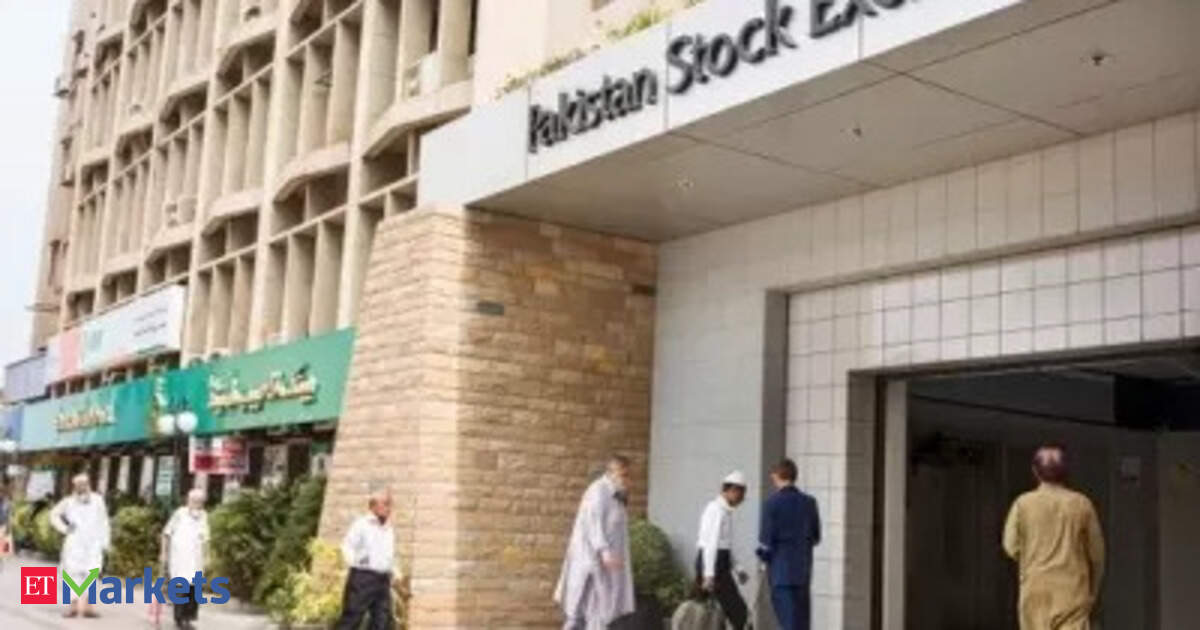On the Indian front, the benchmark Sensex is trading slightly lower, down around 138 points. However, the decline is relatively mild compared to the sharp pressure witnessed in Pakistan.
Last month, Pakistan experienced a similar market crash following US President Donald Trump’s announcement of new trade tariffs. The benchmark index plummeted by over 8,700 points, triggering a brief trading halt.
Tensions flared between India and Pakistan following the deadly Pahalgam attack in late April, which killed 26 civilians on the Indian side. In retaliation, India launched a series of military missile strikes, targeting Pakistan terror infrastructure.
Analysts said the crashes are expected in the market for days due to the fears of escalation and further military strikes by India.
The Indian government, earlier today, briefed an all-party meeting on the success of “Operation Sindoor” and its aftermath, as top government functionaries and opposition leaders met for a second time in a fortnight.Defence Minister Rajnath Singh in the meeting stated that Indian strikes under Operation Sindoor had eliminated at least 100 terrorists. The minister also informed leaders that this was ongoing operation, hence can’t give a technical briefing on the matter yet.Fatima Bucha of AKD Securities said the market opened under pressure and some selling has been observed, though volumes remain low as investors assess the evolving situation.
Another analyst, Shahbaz Ashraf, chief investment officer at Frim Ventures, said investors are cautiously hopeful that the conflict will remain short-lived with likely mediation from global powers.
Compared to India, the latest conflict has the potential to hit Pakistan’s markets much harder, given the country’s already fragile economy and subdued investor sentiment.
For India, while tensions with Pakistan may pose short-term challenges, analysts say the broader focus remains on trade deals and corporate earnings. On Tuesday, India sealed a long-negotiated trade agreement with the UK, and discussions are ongoing for a bilateral pact with the US.
“While sentiment may be jittery in the immediate term, these tensions are unlikely to derail the medium-term appeal of the Indian economy,” said Radhika Rao, Senior Economist at DBS Bank.
Analysts added that more “substantial developments” — such as the recently concluded India-UK trade deal, the expected agreement with the US, and the central bank’s dovish stance — will shape the trajectory of India’s growth and trade outlook.






